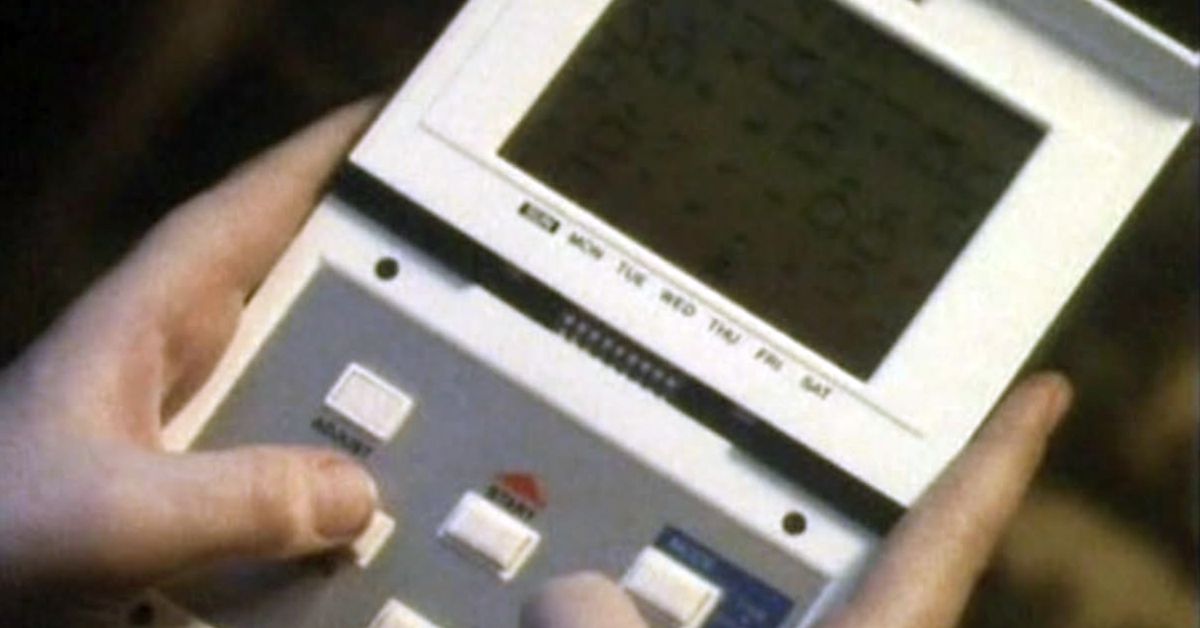
Sometimes you have to put yourself through something painful just to recognize how good you have it. There’s a lot to be gained from enduring the most disheartening shit possible: Want to hear depressing news? Want to feel anxious and unsettled? Want to walk away feeling hopeless and cynical about the world?
That’s the experience of watching Threads, the 1984 television film that is now streaming as a part of Criterion Channel’s new Postapocalyptic Sci-fi series. (Sorry, did you think I was talking about a different thing called Threads?) Directed by Mick Jackson and written by novelist Barry Hines, Threads was a cultural phenomenon in the UK when it aired on the BBC. Depicting the aftermath of nuclear fallout with unflinching clarity, the movie follows the legacy of The War Game, the pseudo-documentary that was convincing enough in 1966 that it had to be pulled from broadcast on account of being “too horrifying” (but was then put into theaters). If Threads was a retread of The War Game’s controversial reception, it definitely worked.
Nearly four decades later, it still works, and Threads is no less difficult to watch. Produced during the Cold War, the film imagines tensions between the United States and the Soviet Union boiling over, with the industrial city of Sheffield caught in the spillover. The bombs go off, the city is leveled, and at that point, things haven’t even gotten that bad yet.
Every time you think things can’t get more bleak, the movie finds a way.
Threads is thematically a better movie pairing with Oppenheimer than Barbie (on the flip side, Barbie + Poor Things would be a fun combo). If Christopher Nolan only gives a stylish glimpse to the horrors of nuclear aftermath — a short sequence wherein Japanese citizens are eerily reduced to dust while Cillian Murphy stares guiltily at the camera — then Threads spends its entire second half demonstrating just how reductive that portrayal is. The bomb, it turns out, is the easy thing to watch.
Especially in its back half, Threads is unsparing, and in some ways, a bit artless. Grit, grime, rubble, rats, people eating rats — it’s remarkable that this played on broadcast television. Every time you think things can’t get more bleak, the movie finds a way. The resource-strapped British government quickly turns fascist; the effects of radiation poisoning are rendered with a lot of bodily specifics; and the threadbare (sorry) characters just muddle through it, and the film never really gives them a reason why they should keep going.
But Threads’ commitment is what makes it so successful. Again, this thing was produced in the mid-’80s, and it’s still more haunting than anything film to TV show I’ve seen in years. There’s a richness to the detail as Threads games out the disaster scenarios. Nuclear winter has blocked out the sun, killing all the crops; when sunlight does return years later, its ultraviolet form is so intense that it causes widespread cataracts in survivors. There really is no good turn here, just fascinating horror after fascinating horror. It’s hard to watch, but I promise it is well made and quite satisfying. (Afterward, you can watch Criterion’s counter-programming, a lineup of Cat Movies.)
On Letterboxd, my partner only rates films but never leaves reviews. After watching Threads, she wrote her first one ever. It simply read: “christ.” Then she gave it four stars.
https://www.theverge.com/24060504/threads-review-a-miserable-experience

